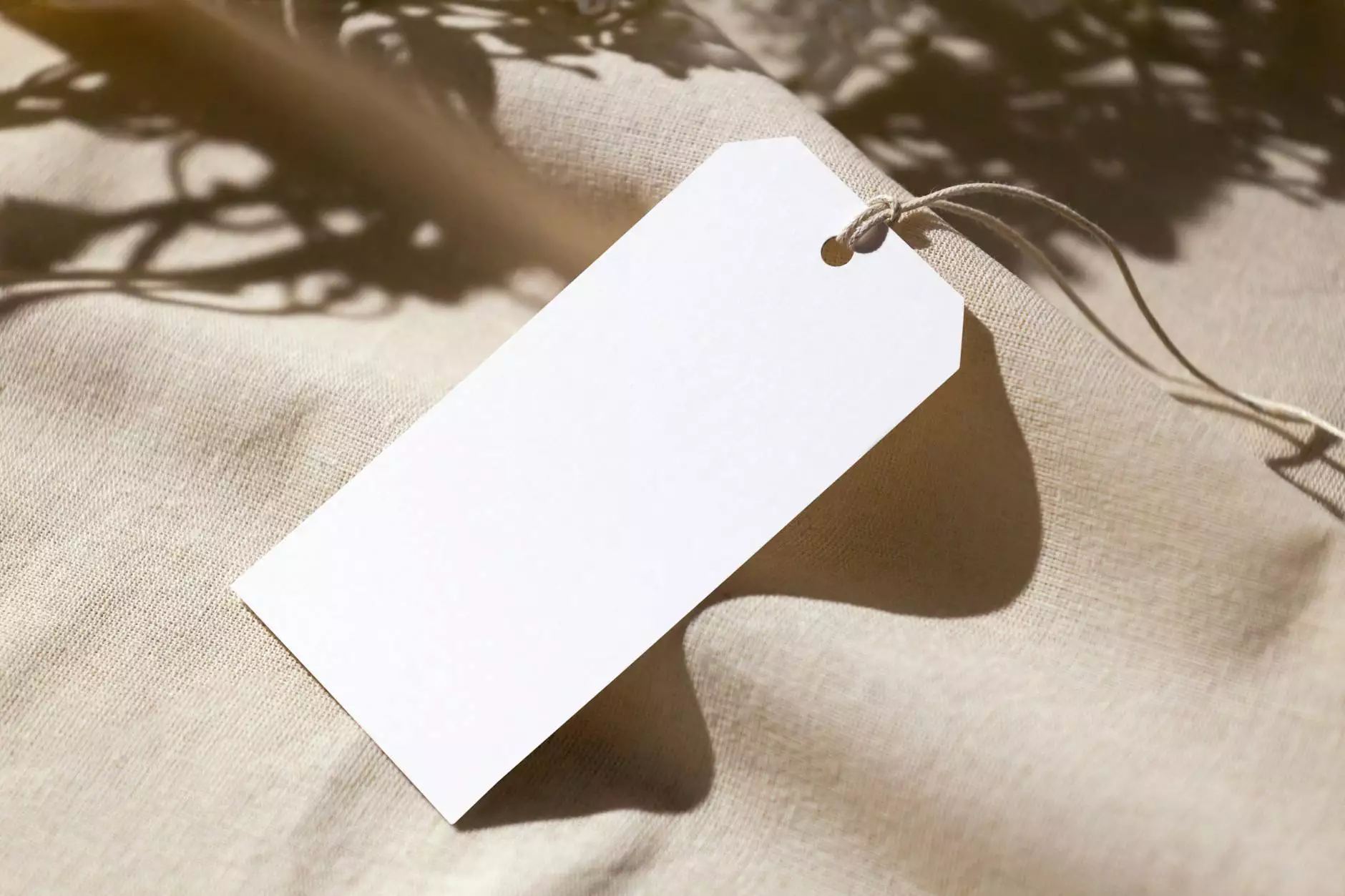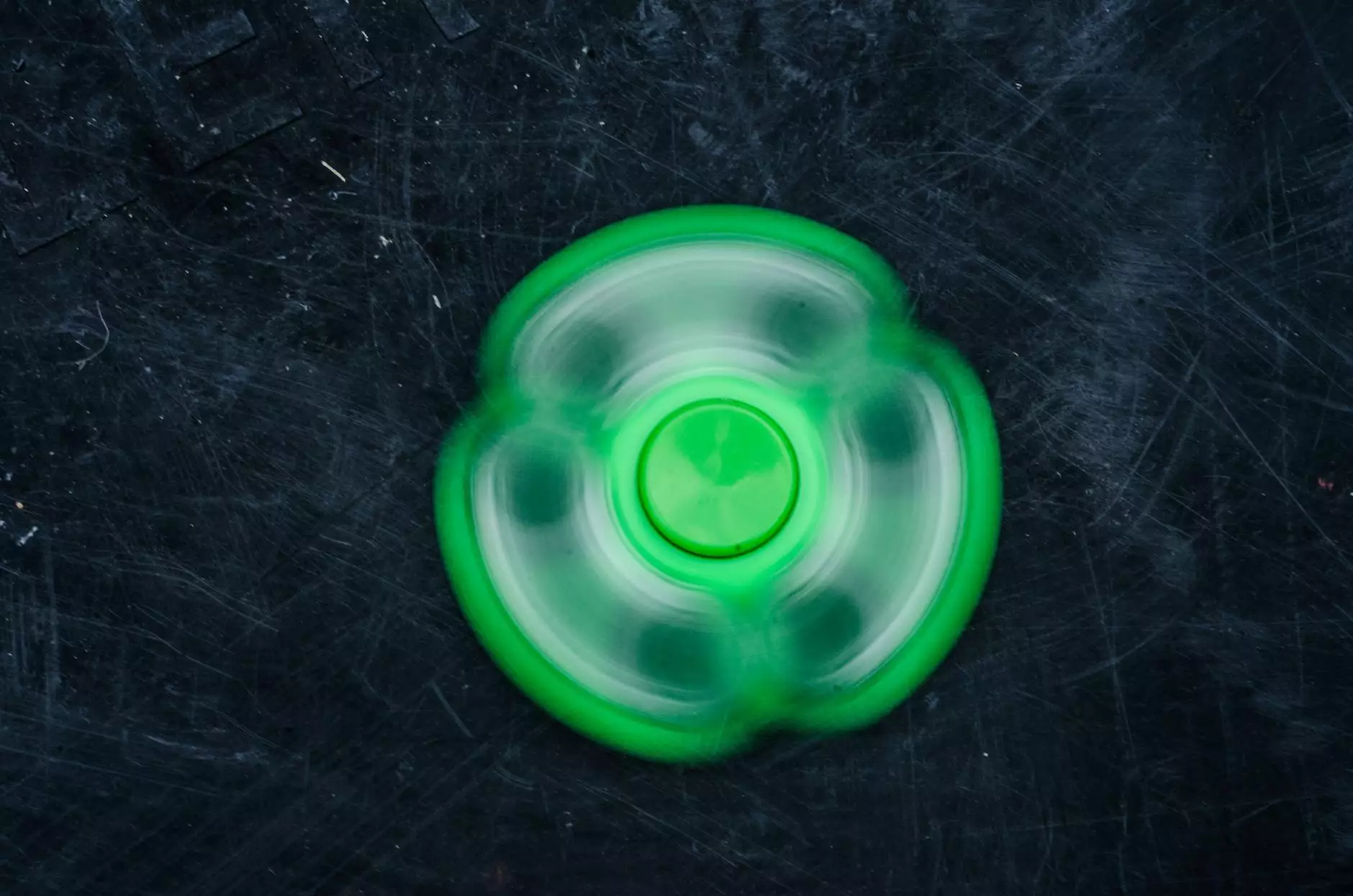Bite Guard for Grinding: Your Ultimate Guide to Oral Well-being

Bruxism, often known as teeth grinding, is a common condition affecting millions of people worldwide. Though it may seem trivial, grinding your teeth can lead to a host of dental issues including tooth wear, fractures, and jaw pain. Fortunately, a bite guard for grinding can provide significant relief. This article dives deep into what bite guards are, how they function, their benefits, and expert advice on choosing the right one for your needs.
Understanding Bruxism
Before delving into the specifics of bite guards, it is crucial to understand bruxism. This involuntary habit involves clenching or grinding of teeth, often occurring at night while sleeping. Factors contributing to bruxism include:
- Stress and Anxiety: High-stress levels can lead to increased muscle tension and teeth grinding.
- Sleep Disorders: Conditions such as sleep apnea can disrupt normal sleep patterns and contribute to bruxism.
- Misaligned Teeth: Dental or structural issues in the jaw can lead to abnormal bite patterns and grinding.
- Caffeine and Alcohol Consumption: High intake of stimulants can contribute to muscle hyperactivity, including jaw clenching.
What is a Bite Guard?
A bite guard or dental splint is a device designed to fit over your teeth, acting as a barrier to prevent direct contact during grinding or clenching. Available in various types, a bite guard can be customized to suit individual needs.
Types of Bite Guards
When considering a bite guard for grinding, it is important to choose the right type for your specific situation:
- Custom-Made Bite Guards: These are crafted by dental professionals using precise molds of your teeth for a perfect fit.
- Boil-and-Bite Guards: These are thermoplastic guards that you can soften in hot water and mold to your teeth for a more personalized fit.
- Stock Guard: These are pre-formed and ready to use, although they offer less comfort and protection compared to custom options.
Benefits of Using a Bite Guard for Grinding
Utilizing a bite guard offers numerous benefits that can greatly enhance your oral health and overall quality of life:
- Protection of Teeth: A bite guard acts as a cushion, preventing teeth from grinding against each other, thus reducing wear and tear.
- Reduced Jaw Pain: By alleviating the pressure placed on the jaw muscles, bite guards can help minimize jaw discomfort and headaches.
- Improved Sleep Quality: Wearing a bite guard can lead to a more restful sleep by reducing the disturbances caused by teeth grinding.
- Preservation of Dental Work: If you have crowns, bridges, or veneers, a bite guard can protect these investments from damage.
How to Choose the Right Bite Guard
Selecting an effective bite guard for grinding involves several considerations. Here’s what you need to keep in mind:
1. Consult with a Dentist
Always start by discussing your bruxism with a dental professional. Your dentist can provide guidance tailored to your specific needs and help determine the best type of bite guard.
2. Consider Your Medical History
If you have any existing dental or medical conditions, be sure to inform your dentist, as this can affect your choice of bite guard.
3. Comfort and Fit
Comfort is key when selecting a bite guard. Custom-made options tend to offer more comfort and support compared to over-the-counter solutions. Ensure the guard fits well without being too tight or too loose.
4. Material Quality
Look for high-quality materials that are durable yet flexible. A good bite guard should withstand nightly wear and be easy to clean.
Care and Maintenance of Bite Guards
Proper care for your bite guard is essential to ensure its longevity and efficacy. Here are some tips:
- Clean Regularly: Rinse your bite guard with lukewarm water after each use. Use a soft toothbrush and non-abrasive toothpaste to gently clean it regularly.
- Store Properly: When not in use, keep your bite guard in a protective case to avoid damage or contamination.
- Inspect for Wear: Regularly check your bite guard for signs of wear and tear. Replace it as needed to maintain effectiveness.
Common Myths about Bite Guards
There are several myths regarding bite guards that may cause confusion. Let’s debunk some of them:
- Myth: All Bite Guards Are the Same: In reality, custom bite guards provide a tailored fit, while stock options may be uncomfortable and less effective.
- Myth: Bite Guards Are Only for Teeth Grinding: While primarily designed for bruxism, they can also be used for conditions like TMJ (temporomandibular joint disorder).
- Myth: Using a Bite Guard Can Make Grinding Worse: Properly fitted bite guards alleviate pressure and muscle tension, minimizing grinding behaviors rather than exacerbating them.
Conclusion
Investing in a bite guard for grinding is not just about protecting your teeth; it is about preserving your overall oral health and improving your quality of life. With the right knowledge, you can make an informed decision about which bite guard best suits your needs. Always consult with a qualified dentist to ensure you're receiving the best advice tailored to your unique circumstances. With proper implementation and care, a bite guard can significantly improve your nightly rest and protect your precious smile.
For further information regarding bite guards and other dental solutions, visit medentalsf.com and explore the various services tailored for your dental health.
© 2023 Med Dental SF. All rights reserved.









